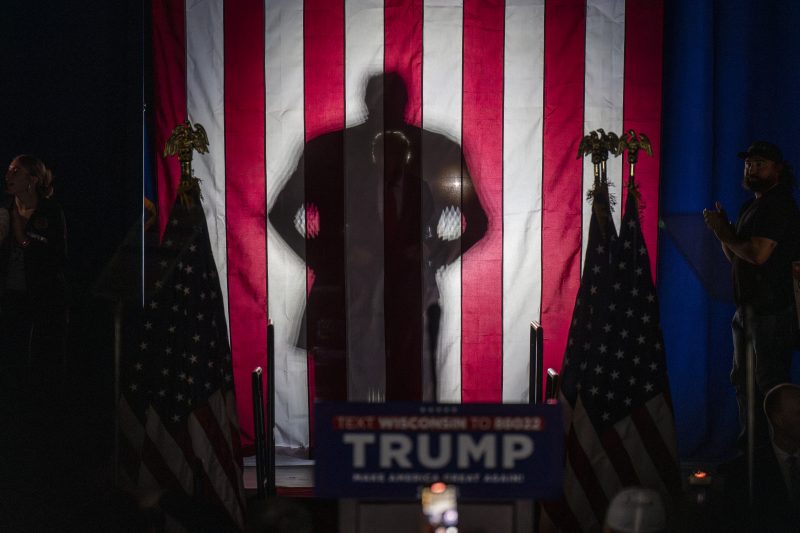In a recent interview with Fox News’ Sean Hannity, former President Donald Trump once again declined to commit to accepting the results of the 2024 presidential election if he were to lose, echoing his controversial stance following the 2020 election. This development has reignited concerns over the state of democracy in the United States and the potential consequences of a leader refusing to recognize the legitimacy of an election.
Trump’s refusal to commit to accepting election results is not new. Throughout his tenure as president and during the aftermath of the 2020 election, he repeatedly made baseless claims of voter fraud and election rigging without providing substantial evidence to support his allegations. His unwillingness to concede defeat and facilitate a peaceful transition of power ultimately culminated in the disturbing events of January 6, 2021, when a mob of his supporters stormed the Capitol in a violent attempt to overturn the election results.
The implications of a former president casting doubt on the integrity of the electoral process are profound. Trust in democratic institutions is fundamental to the functioning of a healthy democracy, and when politicians sow seeds of doubt about the legitimacy of elections, they undermine the very foundation of the system. The refusal to accept election results sets a dangerous precedent for future leaders and can weaken the fabric of democracy by eroding public confidence in the electoral process.
Moreover, Trump’s continued reluctance to commit to accepting election results raises questions about the potential repercussions for the country’s political landscape. In a democracy, peaceful transitions of power are essential for ensuring stability and continuity in governance. By casting doubt on the credibility of elections and stoking division among the populace, Trump’s actions could sow further discord and create fertile ground for political unrest and polarization.
It is crucial for political leaders to uphold and respect the democratic norms and principles that are the bedrock of the American political system. While healthy skepticism and scrutiny of election processes are important for holding authorities accountable, baseless claims of election fraud and refusal to accept legitimate outcomes pose a serious threat to the democratic process.
As the United States looks ahead to the 2024 presidential election, it is imperative that all political actors, including former President Trump, commit to upholding the integrity of the electoral process and accepting the results in good faith. Democracy thrives when leaders demonstrate a genuine respect for the will of the people and the sanctity of free and fair elections. Failure to do so not only undermines the credibility of the democratic system but also poses a significant risk to the stability and well-being of the nation.
